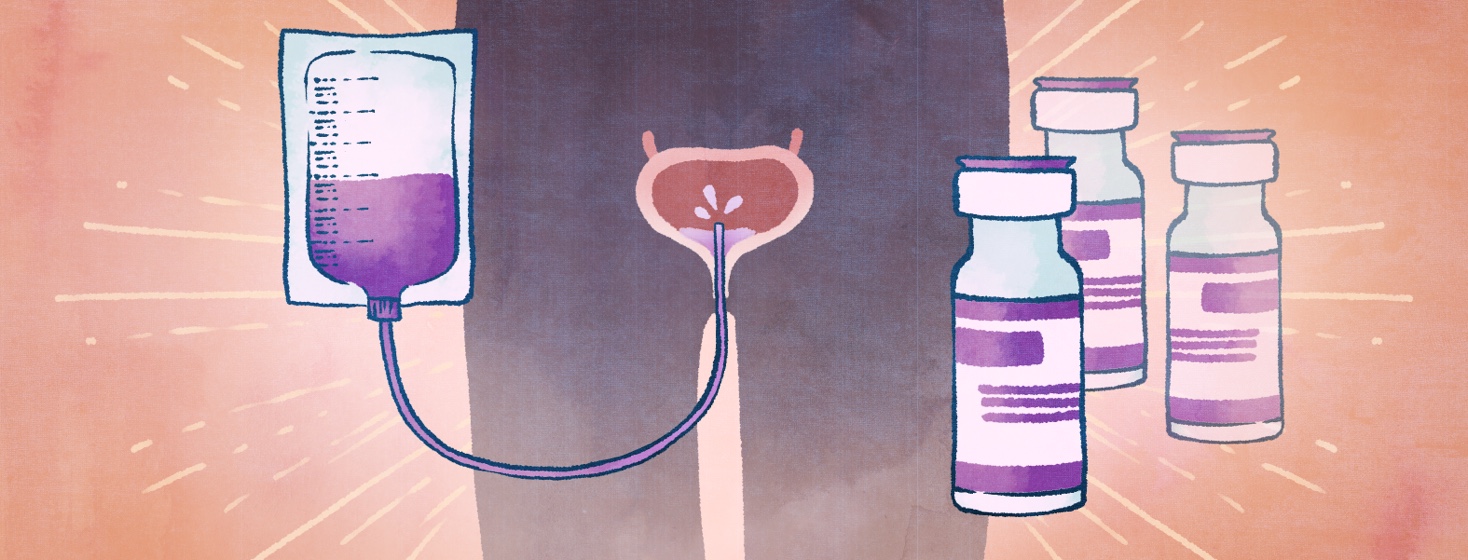BCG Manufacturer To Triple Production of Tice® BCG With New Facility
Pharmaceutical company Merck has announced that it is building a new manufacturing facility so it can significantly expand production of Tice® BCG (BCG live for intravesical use), a drug used for the treatment of certain forms of bladder cancer. The new facility will be located in Durham, North Carolina, at Merck’s existing Maurice R. Hilleman Center for Vaccine Manufacturing.1,2
Trying to meet the the demand for BCG
The new facility is expected to triple Merck Tice BCG manufacturing capacity. However, the facility will take 5 to 6 years to build. In the meantime, the drug company pledges that it is working around the clock to meet the demand for Tice BCG. Supply of this drug is currently catching up to shortages that have been happening on and off over the last 10 years.1,2
What is Tice BCG?
BCG, which stands for Bacillus Calmette-Guerin, is an immunotherapy treatment that is most often prescribed for people with early-stage bladder cancer (stages 0 or 1). It is delivered to the bladder through a catheter and causes the immune system to attack cancer cells in the lining of the bladder.1,2
BCG does not have an effect on bladder cancer cells that are located in the muscle of the bladder wall or on cancer cells that are in the urethra, kidneys, ureters, or other organs.
Maintenance therapy
Some doctors also recommend maintenance therapy using BCG for people with certain kinds of tumors in the bladder lining. This is a type of therapy that some people use long-term after their initial treatment for bladder cancer to help reduce the chance that bladder cancer cells will start growing again after treatment.
Why was there a shortage of Tice BCG?
In 2012, Merck became the only drug company to make BCG. Unfortunately, this resulted in a BCG shortage that impacted people with bladder cancer in a number of ways. Some treatment plans had to be changed, and some people did not receive the treatment at all. According to our Bladder Cancer In America survey, a number of people experienced significant anxiety over the shortage.1,2
In March 2019, Merck limited shipments of Tice BCG to countries around the world based on ordering averages. At that time, Merck had doubled its capacity and reduced manufacturing time by 40 percent. When the company decided to limit shipments of the drug, it was producing between 600,000 and 870,000 vials each year.2
Why does Tice BCG take so long to make?
Tice BCG is made from bacteria that take about 30 days to grow. The whole process of making the drug takes 3 months to complete. This proved too difficult and time-consuming for other drugmakers, leaving Merck as the only manufacturer.1,2

Join the conversation